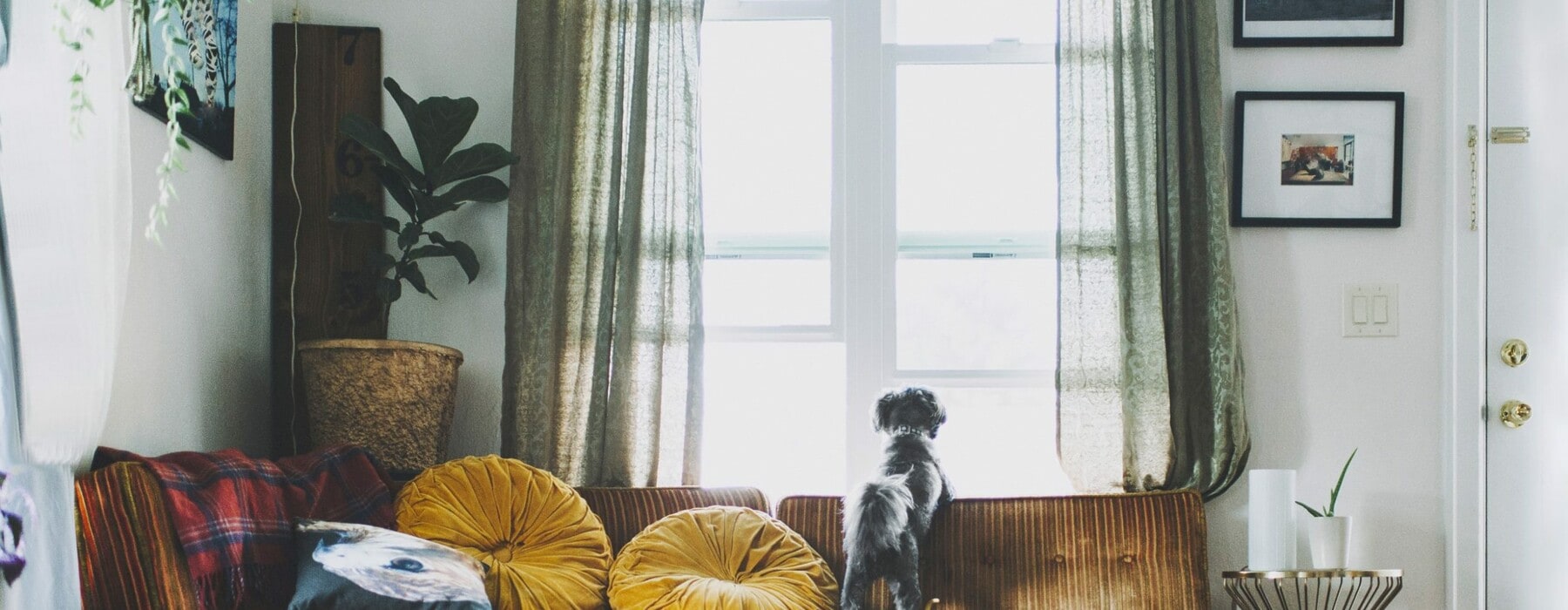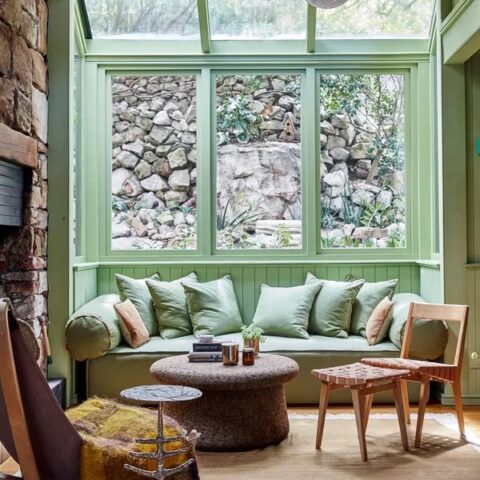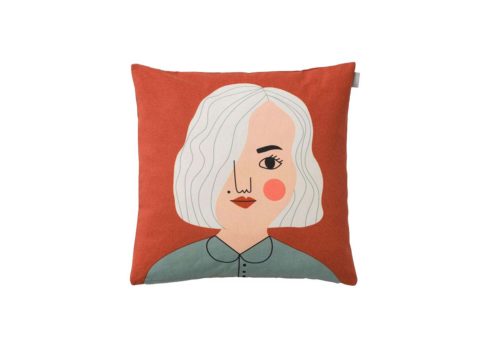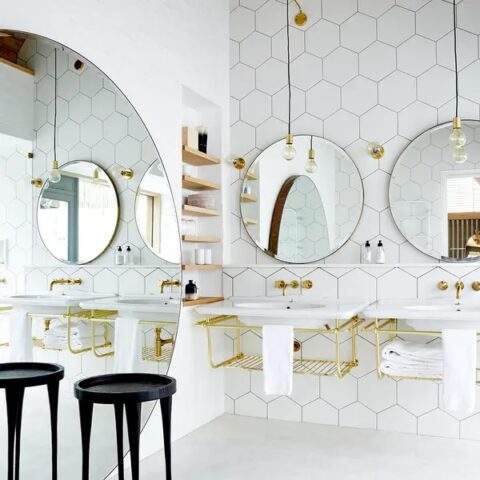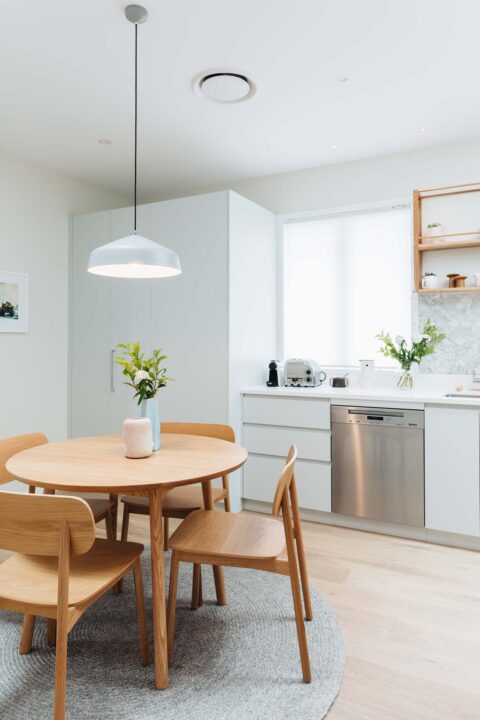New laws will provide tenants with more rights and warmer, healthier homes.
Injecting personality into a rental has previously been limited to how well you can arrange your furniture or how skilled you are at hanging adhesive hooks. However, recent changes to New Zealand’s Residential Tenancies Act will give tenants the right to make minor changes to their homes, as well as provide them with more security of tenure.
This means putting in a vege garden just became a lot easier, as did things like hanging artwork, curtains or shelves, installing a dishwasher, baby-proofing, making accessibility modifications and earthquake-proofing.
Some of the other key law changes include rents being limited to annual increases (rather than every six months), fixed-term tenancies automatically rolling over to periodic, landlords being unable to terminate a periodic tenancy without cause, and longer notice periods for terminations with a legitimate cause (such as selling the property).
Although the laws are still far behind other, more renter-friendly countries, they do give greater rights to tenants than the original act, devised more than 30 years ago. The reforms reflect the current housing crisis, with ownership unattainable for many people, leading to more people renting and people remaining in rental homes for longer. The proportion of households that live in rented accommodation has increased from 23 percent in 1991 to 32 percent in 2020.
Having rented for almost 15 years (in almost as many homes) before buying a house last year, I can see that having less cause for eviction and being allowed to make minor – yet significant to me – changes would have eased a lot of stress, and made it easier to put down roots.
Although tenants were previously entitled to ask to make changes, landlords had no obligation to allow them, so making holes in walls was usually off the cards. But the new law states that if the changes are minor, have a low risk of damage to the property and can be easily reverted to the original state at the end of the tenancy, then the landlord must not decline. The landlord may also agree for the change to remain.
There are other stipulations – the tenant must request the change in writing and cover installation and removal costs, and the landlord has 21 days to respond to the request.
Tenants may ask for permission for bigger changes, such as painting walls, if they can assure the landlord the change will be done to a high standard and will be reversed at the end of the tenancy, but landlords are not legally required to allow changes that would not be classed as minor.
Another important tenancy law comes into play in July, with the so-called “healthy homes standards”. These introduce minimum thresholds for heating, insulation, ventilation, draught stopping, and moisture ingress and drainage in rental properties.
From July 1, private landlords must comply with all standards within 90 days of any new or renewed tenancy. These include extractor fans in the kitchen and bathroom, one or more fixed heaters that can directly heat the living room, and ceiling and underfloor insulation (a requirement since 2019).
Having spent many unsuccessful hours trying to air out damp bathrooms in rental homes, and relying on small, inefficient heaters, I hope these changes will make a big difference to the comfort and health of Kiwis. “New Zealand-based research tells us that our rental stock is poorer quality than owner-occupied homes,” states Tenancy Services. “Research shows a link between cold, damp and mouldy homes and negative health outcomes, particularly for illnesses such as asthma and cardiovascular conditions.”
Unfortunately, window coverings are not included in the standards, even though curtains or blinds are proven to help to keep heat in. According to consumer rights organisation Consumer, your home can lose upwards of 45 percent of heat through windows, or 30 percent in an uninsulated home (as heat also escapes through the walls, ceiling and floors). Impractical (or non-existent) curtains are common in rentals, so being able to ask to install or change curtains or blinds as part of the new minor-changes law will help to create a warmer, more eco-friendly home.
Final curtain call
If you have curtains you no longer need, consider donating them. There are a number of curtain banks around the country, run by environmental organisations and charities such as Red Cross and Habitat for Humanity.
Get inspiration for how to make your rental feel like home here.

